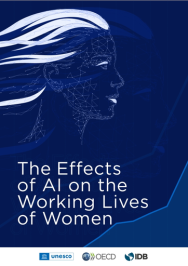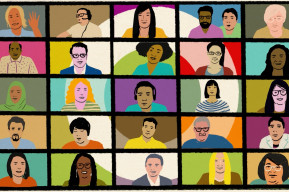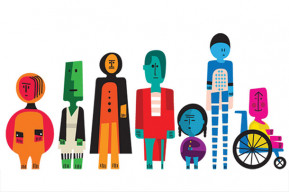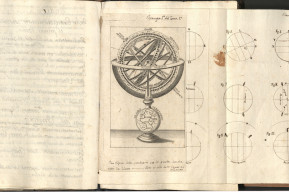News
Does Artificial Intelligence advance gender equality?
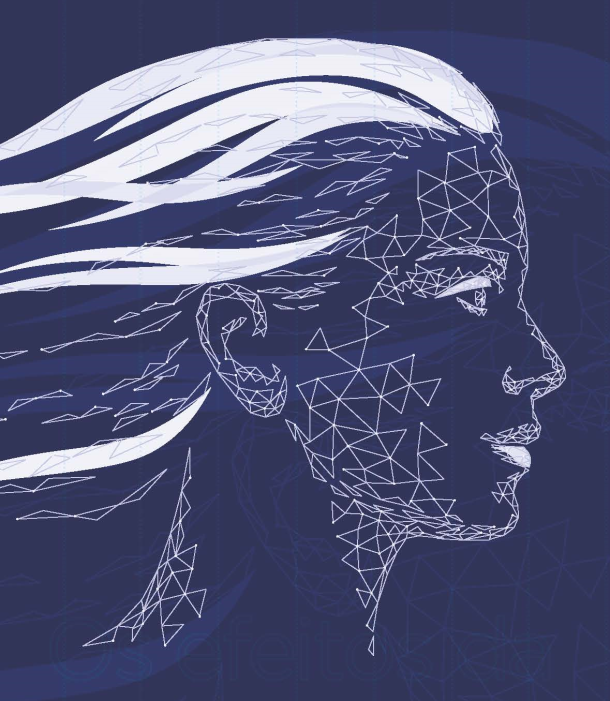
In the week of International Women's Day, UNESCO in Brazil launches the Portuguese version of the report The Effects of AI on the Working Lives of Women published in 2022 by the partnership between UNESCO, the Inter-American Development Bank (IDB) and the Organization for Economic Cooperation and Development (OECD), which examines the effects of the use of artificial intelligence in women's professional work environments and careers.
Women represent
to know how to leverage digital technology for basic uses
Globally, studies show that women in the labour force are paid less, hold fewer senior positions and participate less in science, technology, engineering and mathematics (STEM) fields.
As the use and development of Artificial Intelligence (AI) continue to mature, it’s time to ask:
- What will tomorrow’s labour market look like for women?
- Are we effectively harnessing the power of AI to narrow gender equality gaps, or are we letting these gaps perpetuate, or even worse, widen?
This collaborative report examines the effects of the use of AI on the working lives of women. By closely following the major stages of the workforce lifecycle – from job requirements to hiring to career progression and upskilling within the workplace – this joint report is a thorough introduction to issues related to gender and AI and hopes to foster important conversations about women’s equality in the future of work.
- This report outlines current knowledge of the impact that AI systems have on women’s opportunities for work, and their position, treatment, and status in the workforce.
- It explores how AI is used within and outside the workplace, and how it could be used in the future.
- It looks at the potential impact of new and emerging AI technologies on the skills that employers will require, on how women look for and are hired for jobs, and on how jobs are structured through automated monitoring and oversight.
- It maps the opportunities and challenges that AI presents for the working lives of women and highlights the complexities that varying national and regional contexts present for understanding the impact of AI on the work of women.
- It notes that current research does not offer a complete or definite picture of how AI impacts the working lives of women and calls for further research and analysis in this area.
The report offers six findings:
- Reskilling and upskilling women workers
- Encouraging women in STEM
- Accounting for contextual and cultural complexity
- Leveraging multi-stakeholder approaches
- Shaping gender stereotypes
- Continuing applied research
Learn more:
